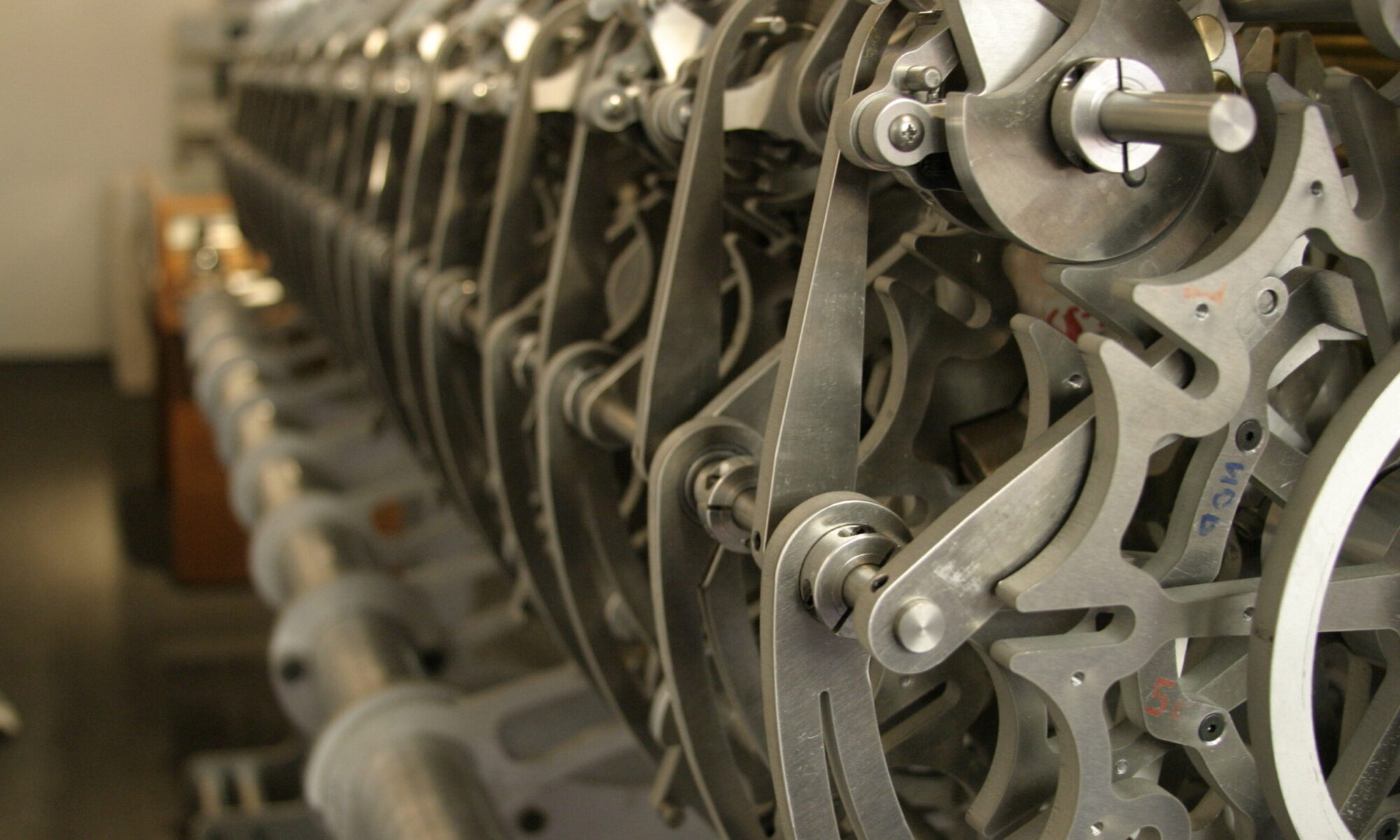My partner and I have decided that for 2023 we’re going to try to live within a carbon dioxide budget of two tonnes each, or 2.2 tons US. Because we favor a more planetary boundaries framework to a pure CO2 view of the health of Earth’s ecosystem, we’ll also be looking at other factors of consumption, like what kind of farming practices are used in our food chain, our plastic waste, products associated with conflicts and environmental degradation, and so it. When we can. It will not be perfect. It will be an evolving effort throughout the year.
We aren’t viewing this as an austerity or virtue project, in fact quite the opposite. We’ll be exploring ways to live comfortable and fun lives that aren’t austere and puritanical — because suffering and self-denial aren’t sustainable. The idea is to live reasonably well, have fun, and do things in the manner that all people, of every continent, might get to join in on one day in the future.
We aren’t trying to make sudden, drastic change. We aren’t making huge shifts overnight, but we’ve been making them for the better part of 10 years, and so it might appear extreme in some ways if you’re new to this kind of living. While this is our first attempt at a four tonne year, I’ve been a climate vegetarian for 28 years. My partner is still a flexitarian; he will eat meat occasionally, usually with his family of origin at the holidays, or when there’s no other option. But he choose many years ago to be car-free. We’ve revamped our lives around public transit. We shop at farmers markets, anti-gaspi shops, some fancy bio shops, and Carrefour to round out what we can’t get elsewhere. We meal plan, have very little wasted useful food, and what we do have goes to a city compost. But we’ve both been making small changes over many years. Trying to do what we’re doing over night would not work for most people.
We know we’re going to spend too much money doing this. We know we’re going to fail at points. This isn’t a project about perfection or purity, it’s an exploration. The question we are exploring is this: how do we live well and happily on the Earth, and live well and happily within the Earth’s systems? Some things we’re committing to, like slow travel, might not currently be as climate friendly as they could be, but we’ll be looking at forms of travel that could be made sustainable more easily than air travel, rather than being sustainable right now. Taking a train or boat instead of a plane is a model of future activity, even if the particular mode of travel we use isn’t clean enough.. yet.
This is not a project for purists. Any individual’s ecological footprint isn’t wholly within individual control, but nor is it completely determined by their situation and infrastructure. This project in particular isn’t interested in the question of who is responsible for climate change. It’s not focused on remediation or restitution, which are both important issues. Instead, we are interested in seeing how to live in a way that we might after we’ve mitigated climate change, and don’t want it to come back.
But that isn’t exactly the situation we’re in now. Sometimes we will be able to control entirely how much energy or pollutants or resources we use, at other times we’ll make choices that could be, and probably will be, made more ecologically sound in the future. They may not be as good as they could be right now. For instance, we’re renters, and our water is gas heated. Someday we’d like our water heater to be electric and entirely sourced from renewables in our perfectly sustainable house, but today we need to shower and don’t have a choice.
We live in a world of price distortions: things that should be expensive, like jet fuel and gasoline and electronics, are cheap, and things that should be cheap, like trains and ships and repairing electronics, are prohibitively expensive. We will be balancing between what we can afford and what we can do in a more sustainable manner.
We will be tracking and publishing resource usage in our lives. Some of it will be easy, like utility bills, tracking train trips, keeping track of groceries. Other bits, like documentation process itself, will be almost entirely opaque. How much e-waste and electricity will this website be responsible for? I haven’t the foggiest! I suspect much of it will be in between — educated guesses and information we’ll learn about along the way.
So what’s the value of this imperfect experiment?
Discourse on sustainability tends to be a bit all or nothing, hellfire and damnation, implacable forces driving us all into the abyss. But there’s many things plain folk can do right now that can deeply improve the planetary chances for everyone. The easiest are giving up things like red meat, dairy, and fast fashion. But even if you don’t give any of that up, making meat a special occasion food and shopping mostly in thrift does just almost the same thing! With planetary health, it’s not the purity — it’s never the purity of our behaviors — it’s the quantity. There are few things we have to give up completely to make our lives sustainable; easy and light upon the Earth. There are a lot of things we could cut down on, and others, like public transit, we must advocate for. We don’t have to be perfect to make things better. But also, our willingness to try, to actually change ourselves, sends a powerful political message. The world’s political institutions have made it clear they’re not going to do a damn thing to stop the world from plunging into chaos and mass death. The people will lead this effort, and that process is doomed to imperfection.
Then again, when did humans ever create a perfect thing?
I invite you to follow along with us, to give ideas, reflect on our ideas, swap little tips and join huge movements, as the moment calls for. I’m going to be weighing our plastics and cheese and trying to work out the logistics of how we might travel in the next 50 years, what we might eat and wear and who we might know and love.
In this experimental year, we are looking for a decent life: lived happy, healthy, and well.

